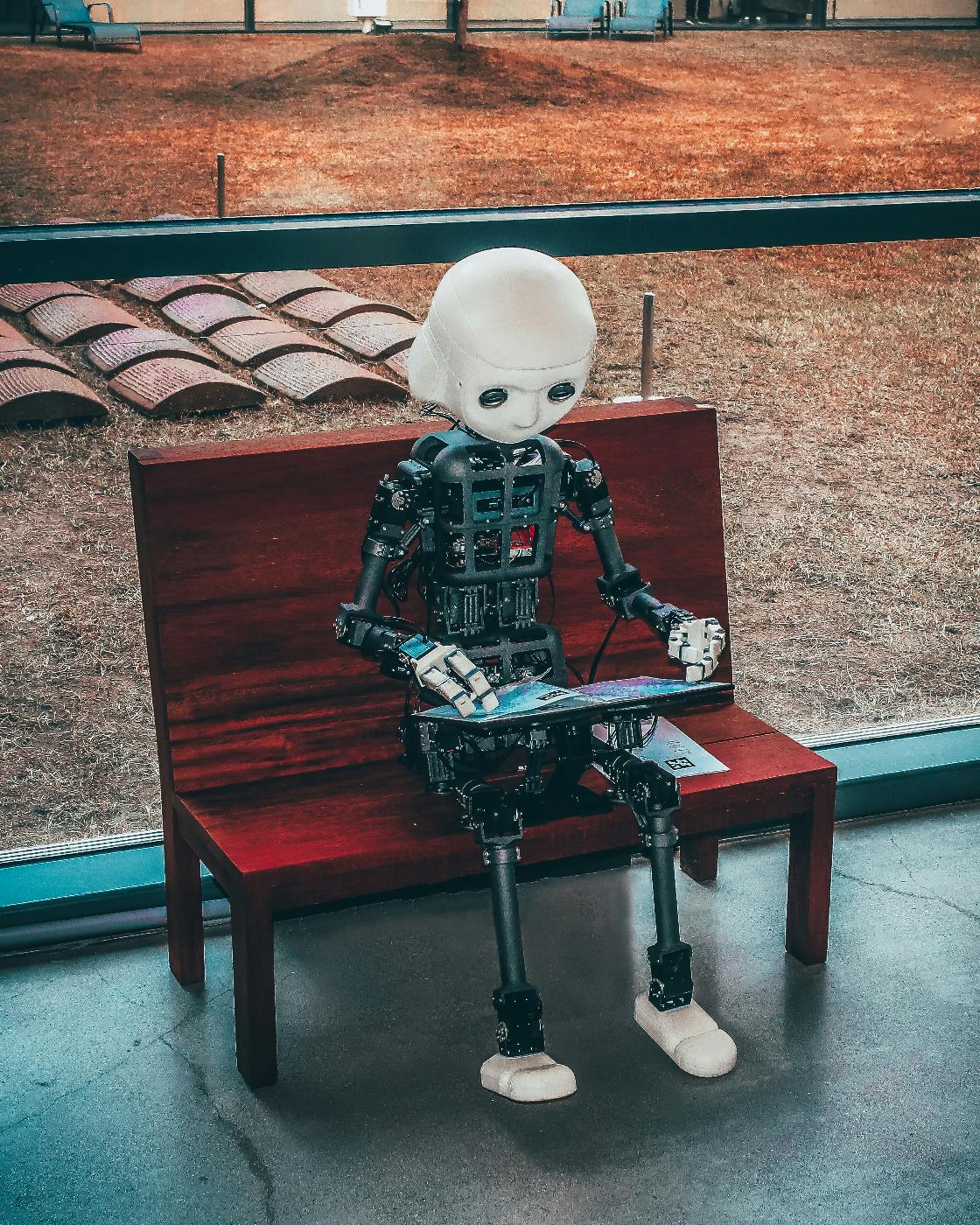
Loneliness is serious and can bring about serious mental health issues such as depression, anxiety, low self-esteem, sleep problems, and poor reactions to stress-related situations, such as work or relationships.
The global pandemic gave us many things. It gave us sourdough bread by the metric ton, an ongoing struggle with Zoom meetings, crafts, crafts, crafts, some breakups, some newfound romances, the great resignation, the great regret, binge-watching, binge eating, and so much more. Why, gosh, it looks like we’ll be unpacking the effects of lockdowns, remote work, and forced confinement for some time. I’m sure there is much to learn, and learn we will.
Here’s something else the pandemic gave us, an uptick in people feeling lonely. According to a survey conducted and analyzed by The Harvard Graduate School and authored by Richard Weissbourd, Milena Batanova, Virginia Lovison, and Eric Torres, 43% of young adults have felt an increased sense of loneliness since the pandemic. 36% of adults said they experienced serious loneliness “frequently” or " almost all the time.”
Loneliness is serious and can bring about serious mental health issues such as depression, anxiety, low self-esteem, sleep problems, and poor reactions to stress-related situations, such as work or relationships. This is not good when you consider that surveys over the past decade have concluded that 60% of all people in the US say they always feel lonely.
A Political Issue
In December of this year, Congressman Chris Murphy, a Democrat from Connecticut, turned from his primary focus on being tougher on Saudi Arabia and calls for stronger gun control to take up a case not typically found on a Congressman’s agenda; loneliness. Murphy believes, as do others, that loneliness is at the heart of all the bitterness, divisiveness, and violence that is tearing the country apart.
Murphy and some colleagues are making the case that the isolating effects of the pandemic and the rise of social media are contributing factors to people slipping into dark, negative spaces online and sliding into growing rates of hatred, violence, substance abuse, and even extremism.
Unlike those who see the rise in extremism as America’s inclination towards racism and sexism, the congressman thinks the rise in loneliness can be blamed for these extremist ideas and actions. His suggestion is better community development, better family values, and better focus on the things that unite us as a country rather than being caught in doom spirals of what divides us.
A Medical Issue

While Congress discusses the social ramifications of loneliness, the medical field has long known that loneliness is a medical issue that needs to be addressed.
Loneliness can cause heart attacks, Alzheimer’s disease, and high blood pressure. All of these can lead to death. Add that to the fact that we already know loneliness causes depression, which comes with its own set of symptoms and troubles, and you’ve got a medical cost of close to 2.7 billion dollars a year treating loneliness-related illness.
On top of that, a new survey has shown that loneliness costs more than 154 billion annually in lost productivity.
Is AI the Answer
Loneliness is not a joke, and older people are at serious health risk if loneliness is part of their lives. It is a drain on the medical industry and can be killing businesses due to the lack of productivity associated with loneliness.
Unlike depression, which we are getting a better handle on and providing people who suffer with this mental illness with viable treatments through medication and therapy, it’s been more challenging for us to deal with loneliness.
26% of older adults live alone. Though community groups and programs like the CareMore Health Togetherness initiative provide weekly phone calls and check-ins, some people need more than this once-a-week bit of attention.
In this type of situation, conversational AI may be the answer.
Conversational AI
Conversational AI, which is sometimes called digital humans, can add a human layer, showing empathy, warmth, friendliness, happiness, and a deeper connection through their voice and human-like reactions in conversation.
These online conversations can go a long way to staving off loneliness and giving lonely people something to hang on to and get out of bed for when the loneliness turns to depression or worse.
Though AI conversations can never take the place of actual human conversation and connection, digital human connections and conversations can ease loneliness and even keep depression at bay.
The Benefits of AI Conversations
There are many benefits to having AI conversations for those experiencing loneliness.
Accessible and Available
One of the significant benefits of an AI chat friend is their availability. Care workers, family members, and others may be nice, but they aren’t always available when a person gets a bought of loneliness.
An attack of loneliness or depression can happen at any time, like two in the morning. The fact that they can get on their computer and talk to their AI friend any time, any place, is a great help. Unlike humans, AI is always there and always ready to help.
And most of the AI chatbots that are being developed now speak multiple languages; some employ over 70 different languages. This opens the field of help even further.
Trust

AI tools allow people to open up and discuss personal, even sensitive matters. And, if you give your AI a face, even more benefits open up.
Giving an AI a face opens up the possibility for people who aren’t necessarily lonely but may have issues they need to express but don’t want to share with another human being. An AI with a face feels human but still safe enough for those who need to unburden but don’t have a close human connection.
Leads to Better Help
Chatting with an AI can help people get to the bottom of their issues, be they loneliness or fear. When a person gets more comfortable chatting about personal issues with an AI, they are more likely to take what they’ve learned with their AI chats and turn that into a connection, a relationship with a therapist.
It’s Real for Users
For those who don’t suffer from loneliness or depression, talking with an AI chatbot may seem senseless or even silly. After all, you know that you’re not speaking to a human, you know it’s a computer program, and you know that a chatbot doesn’t think or feel but rather generates responses culled from information gleaned off the web.
It’s not about deception. AI chat companies are not trying to fake people out and have them believe the AI chatbot is an actual human. So, people who are lonely are not being deceived or deceiving themselves.
One of the things that makes a chatbot so appealing to lonely people is that there is interaction. There is a give and take, and an actual conversation takes place. Also, the more you chat, the more the AI program learns about you, and the conversations and chats can improve, get more profound, and allow people to truly open up and connect.
The Answer
There are stories about deep fakes in politics, art shows getting duped by AI-generated images, and the endless scams run by AI bots calling people. AI is still relatively unexplored. There has to be more information about uses, how to avoid being taken, and the abuses of AI. There is much to learn, and learn we should because the benefits of AI are vast.
Loneliness is, as we’ve seen, dangerous, and its effects on people have increased exponentially since the pandemic. Mental health and physical health are vulnerable for those who are lonely. It’s difficult to diagnose and even more difficult to cure or Aid. Despite the apparent pitfalls of AI, there is no doubt that using AI digital humans for conversation and companionship is a huge step toward making better strides in AIding loneliness.
If you know someone who is experiencing loneliness, take action. Either spend time with them or direct them toward a digital human experience that may help them deal with their loneliness. The reality is being lonely isn’t just something teen girls write about in their diaries; it affects a large swath of people in this country; it’s dangerous, it could be deadly, and now, we have a better tool for fighting it.

